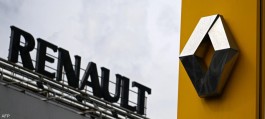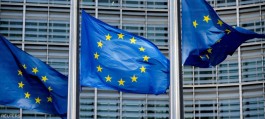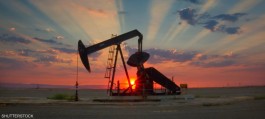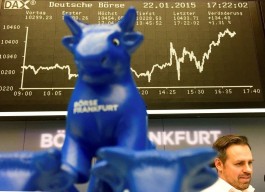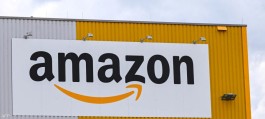The UAE Minister of Energy and Infrastructure, Suhail bin Mohammed Faraj Faris Al Mazrouei, confirmed that the UAE has achieved remarkable progress in increasing the contribution of clean energy production to the total energy mix, reaching 27.83 percent in 2023, within the framework of the target by 2030 of 32 percent.
On the occasion of the World Utilities Congress 2024, which kicks off on Monday in Abu Dhabi, he said: The UAE has succeeded, from 2019 to 2022, in doubling its renewable energy capacity, as part of the path to achieving the goals of the UAE Energy Strategy; to add installed capacity three times by 2030, towards our commitment to achieving the energy transformation goals in accordance with the UAE’s historic agreement at COP28.
He added that in 2023, the UAE achieved a remarkable growth of 70 percent in installed renewable energy capacity, which reached 6.1 gigawatts, and made progress in competitive indicators for renewable energy, including: achieving a qualitative leap from sixth to second place in the per capita energy consumption index from renewable energy sources in the latest report on the Statistical Review of World Energy 2024 prepared by the World Energy Institute.
He said about the UAE establishing encouraging rules for investment in clean and renewable energy: The total value of implemented new and renewable energy projects is estimated at more than 45 billion dirhams ($12.25 billion), not including only new operational projects.
He explained that work is proceeding according to the plans set to implement the UAE Energy Strategy 2050, noting that the most important renewable and clean energy projects under implementation, as well as new and future ones, are the sixth phase of the Mohammed bin Rashid Solar Park with a capacity of 1.8 gigawatts, the second phase of the waste-to-energy project in Dubai, the Al Ajban photovoltaic energy project in the Emirate of Abu Dhabi with a capacity of 1.5 gigawatts, the Al Khazna photovoltaic energy project in Abu Dhabi with a capacity of 1.5 gigawatts, the Hatta hydroelectric power project, the 60 megawatt photovoltaic energy project in Sharjah, and the commercial operation project of the fourth reactor of the Barakah plant, which was recently commissioned.
Suhail Al Mazrouei stressed that low energy prices for AI-related businesses and energy-intensive sectors created immediate savings, providing them with the opportunity to reinvest and expand. Low operating costs mean increased profit margins regardless of revenue growth, and contribute to improved cash flow, allowing companies to take full advantage of emerging opportunities.
Regarding the UAE’s current and targeted annual carbon capture capacity, the Minister said that the most important of the carbon management projects are those of ADNOC, which continues to play a leading role in applying carbon capture and storage technologies permanently and safely as part of its efforts to accelerate the achievement of climate neutrality by 2045, through plans to double the target of increasing its carbon capture capacity to reach 10 million tons annually by 2030.
He pointed out that the UAE achieved first place in competitiveness in green hydrogen production in the Green Hydrogen Report 2024 prepared by Alvarez & Marsal, and also achieved first place in hydrogen market readiness in the Middle East and North Africa region in the Roadmap for Enabling Measures for Low-Carbon Hydrogen in the Middle East and North Africa report prepared by the World Economic Forum for the year 2023.
Regarding the details of the Federal Regulations for Energy Management in Industrial Facilities, Suhail Al Mazrouei said that the regulation is the first of its kind in the industrial sector related to sustainability and reducing energy demand in industrial facilities in the UAE , which will ensure the implementation of sustainability standards and energy efficiency in the country’s factories by activating a highly efficient system for managing energy systems.
He added that the Federal Regulations for Energy Management in Industrial Facilities will contribute to reducing energy demand in the industrial sector by 33 percent by 2050 and improving air quality by 32 percent, thanks to its contribution to reducing carbon emissions by the equivalent of 63 million tons by 2050, in addition to its role in achieving financial savings worth 14 billion dirhams by 2050.


















